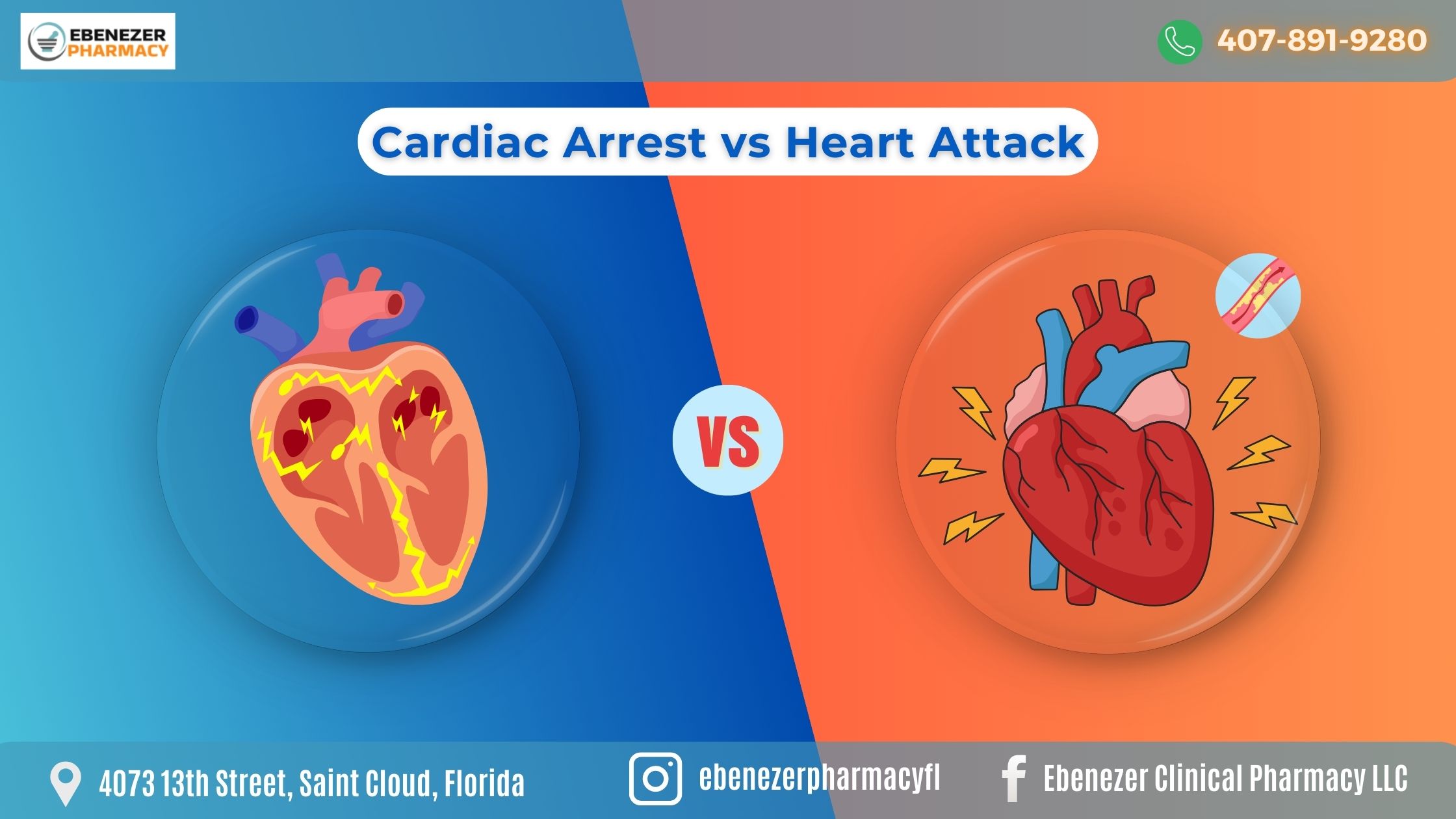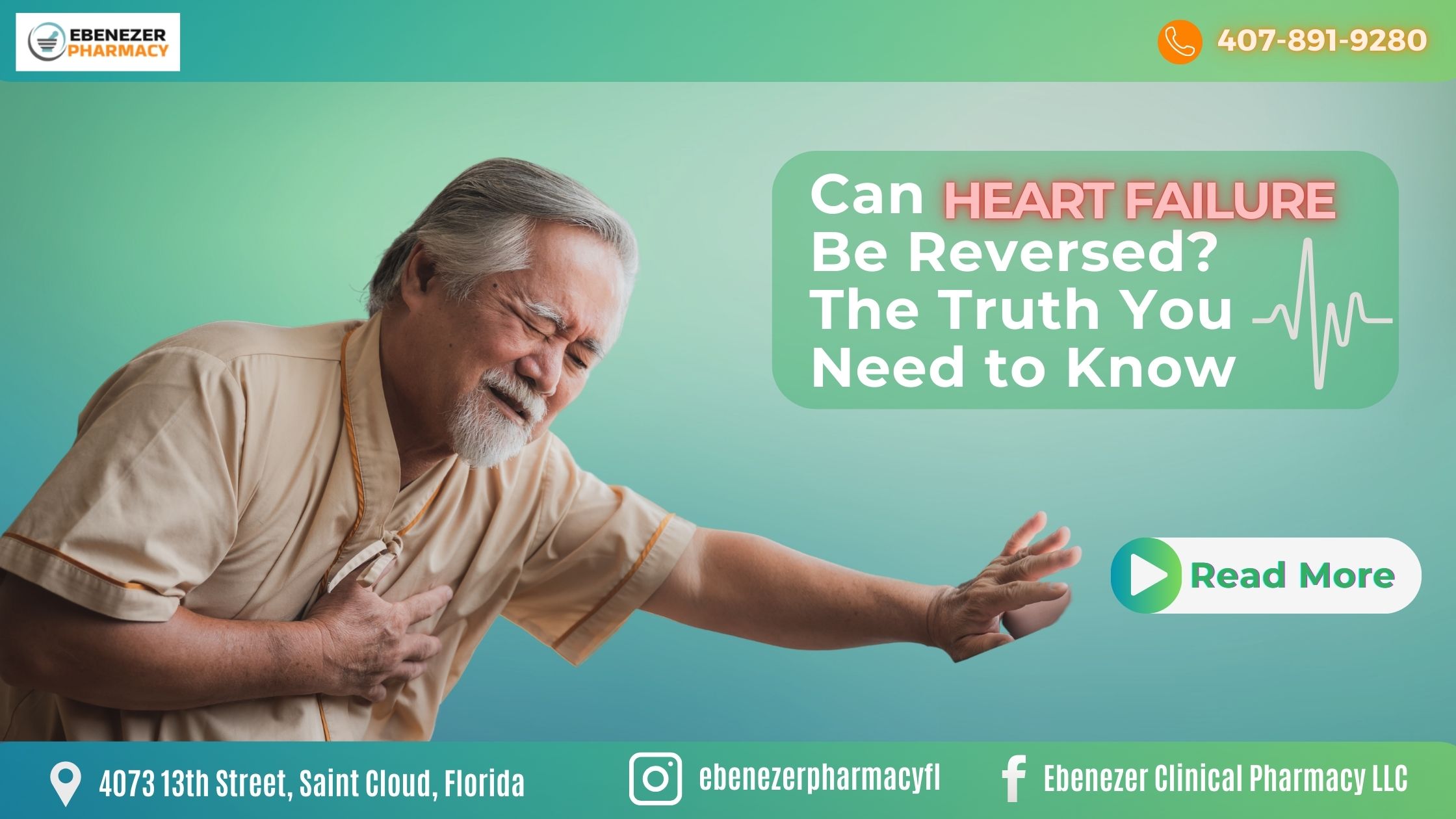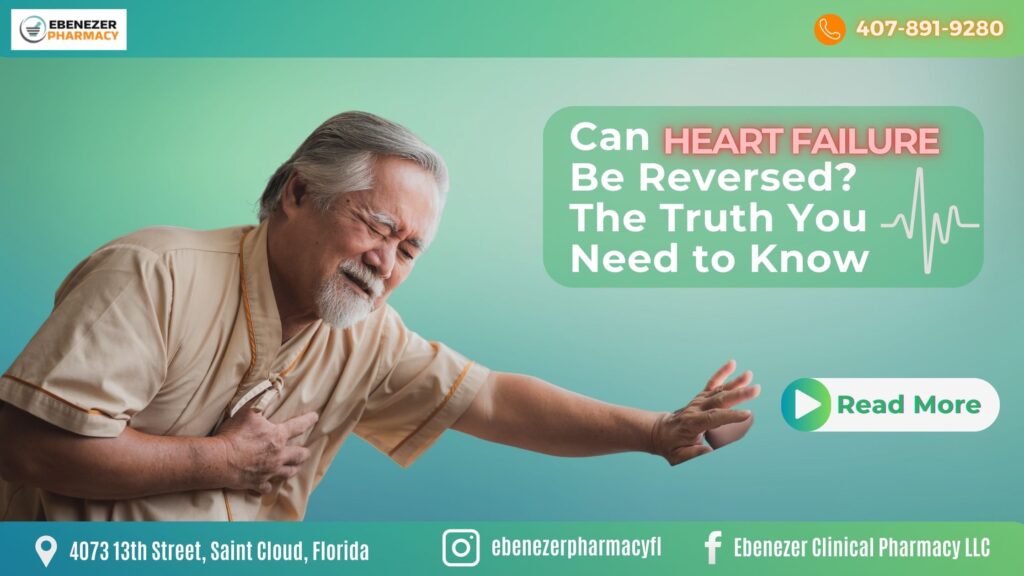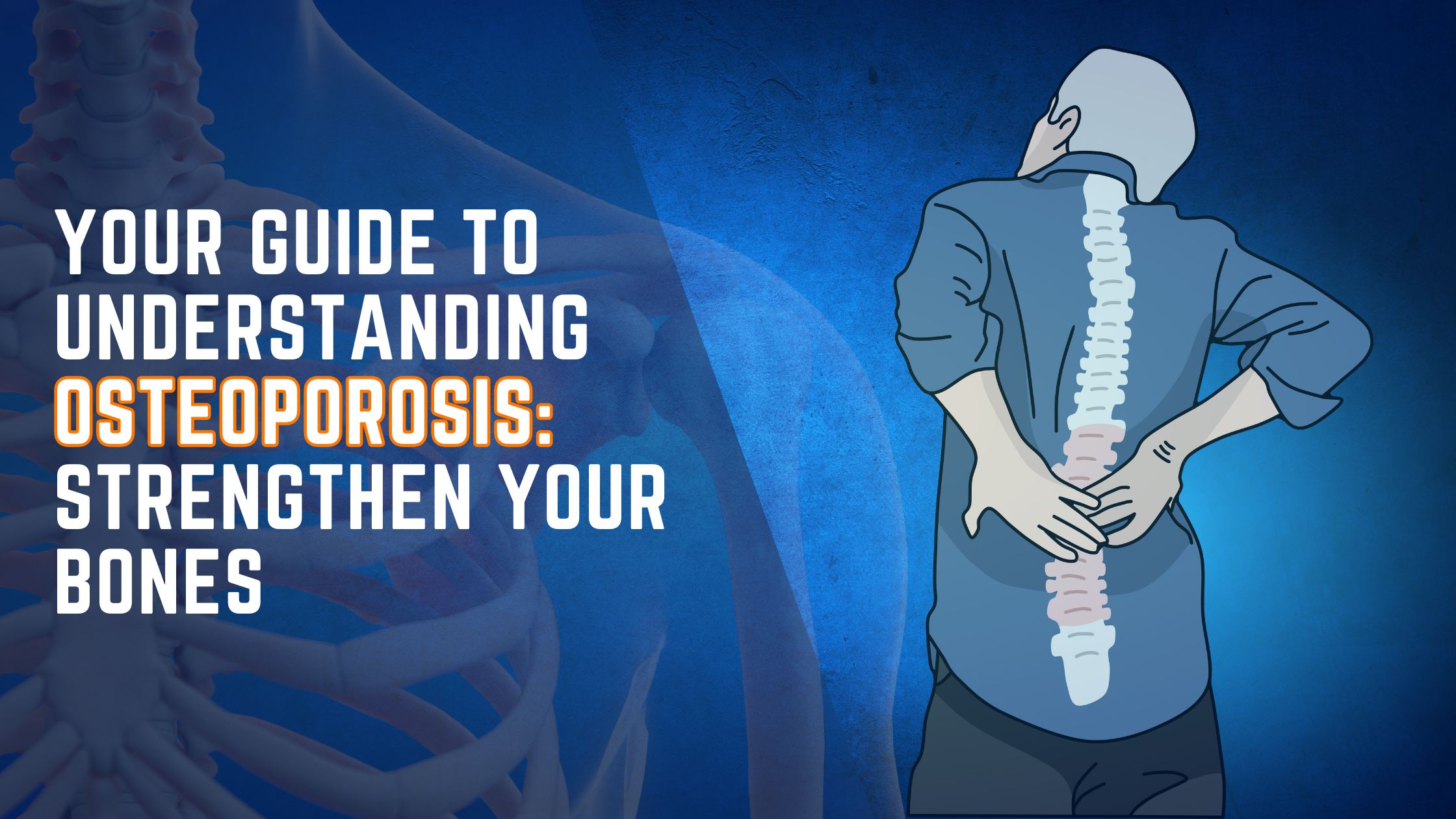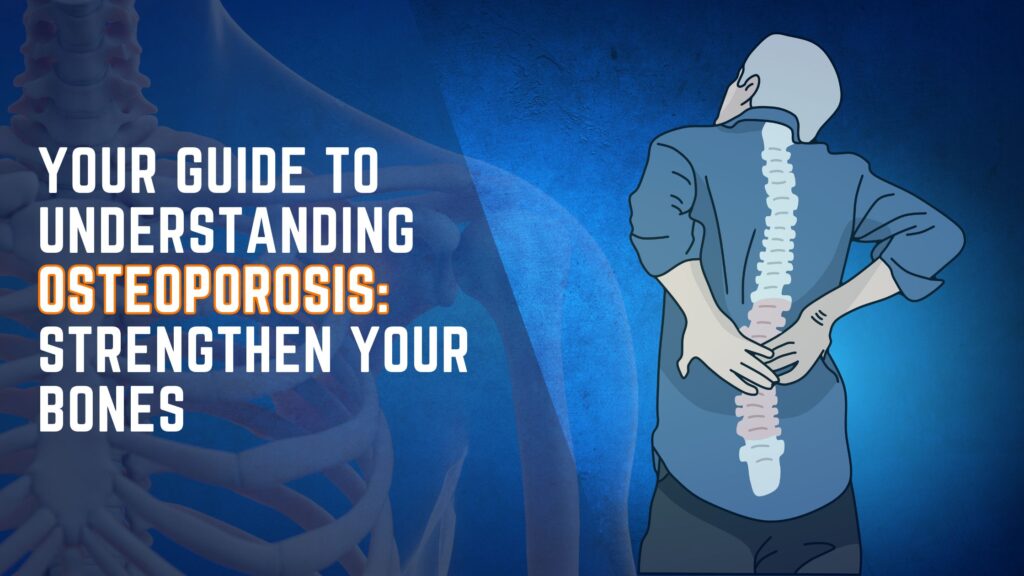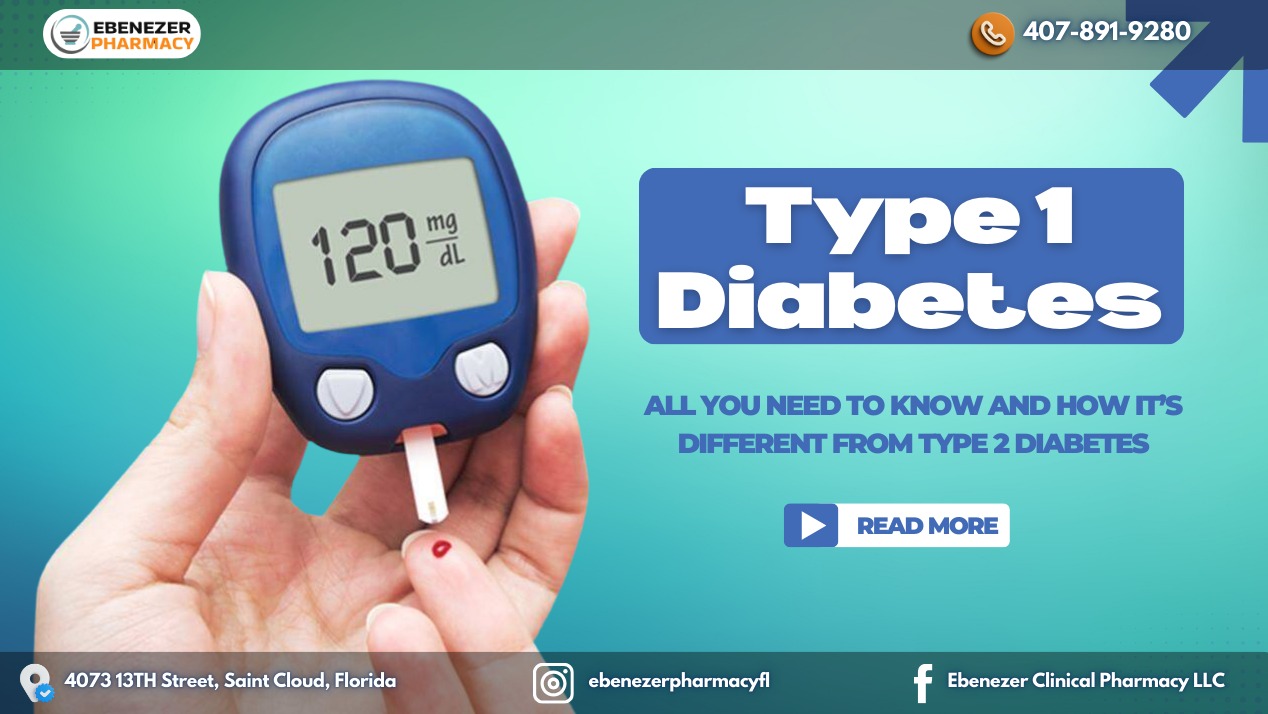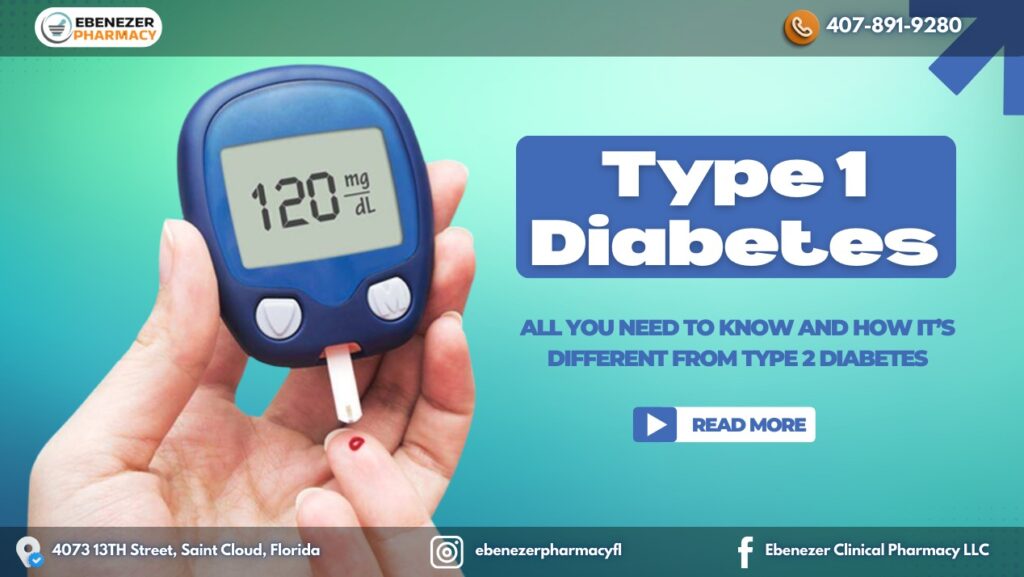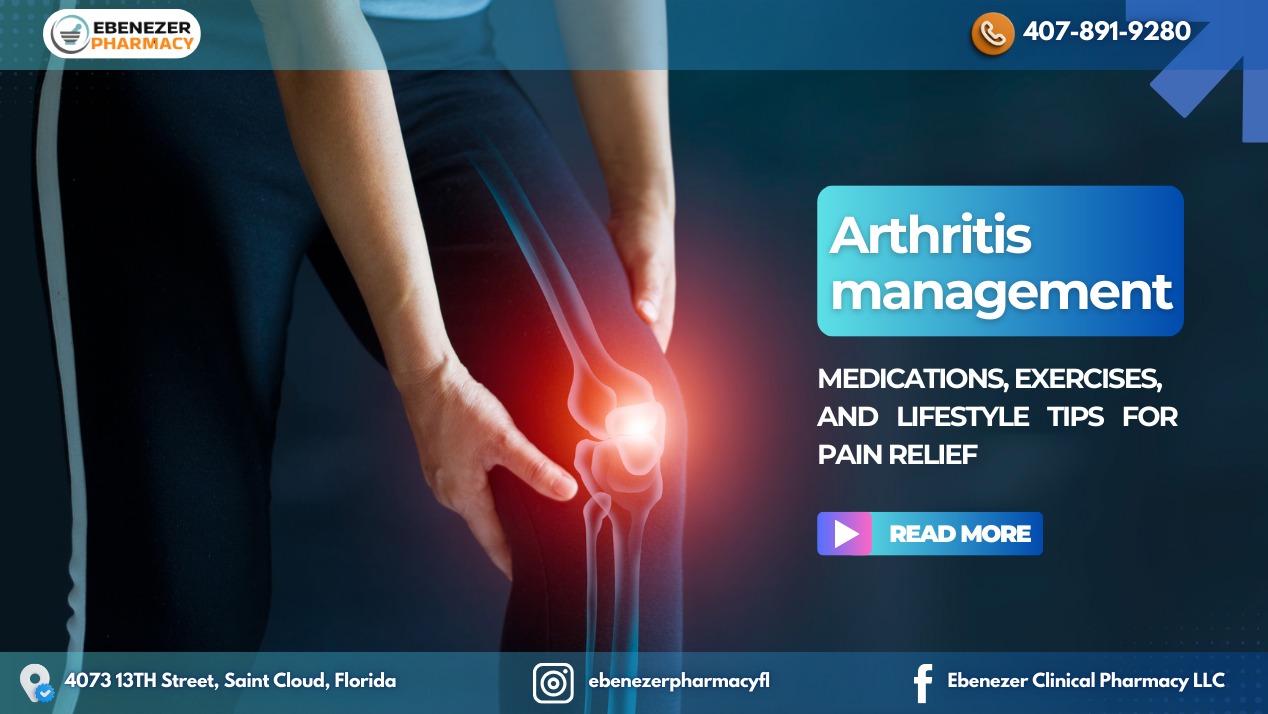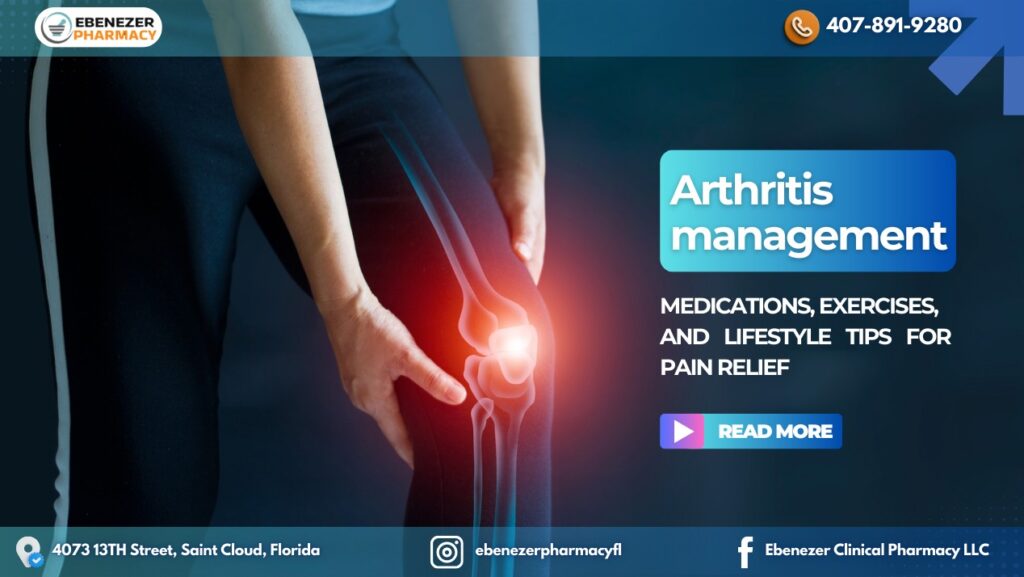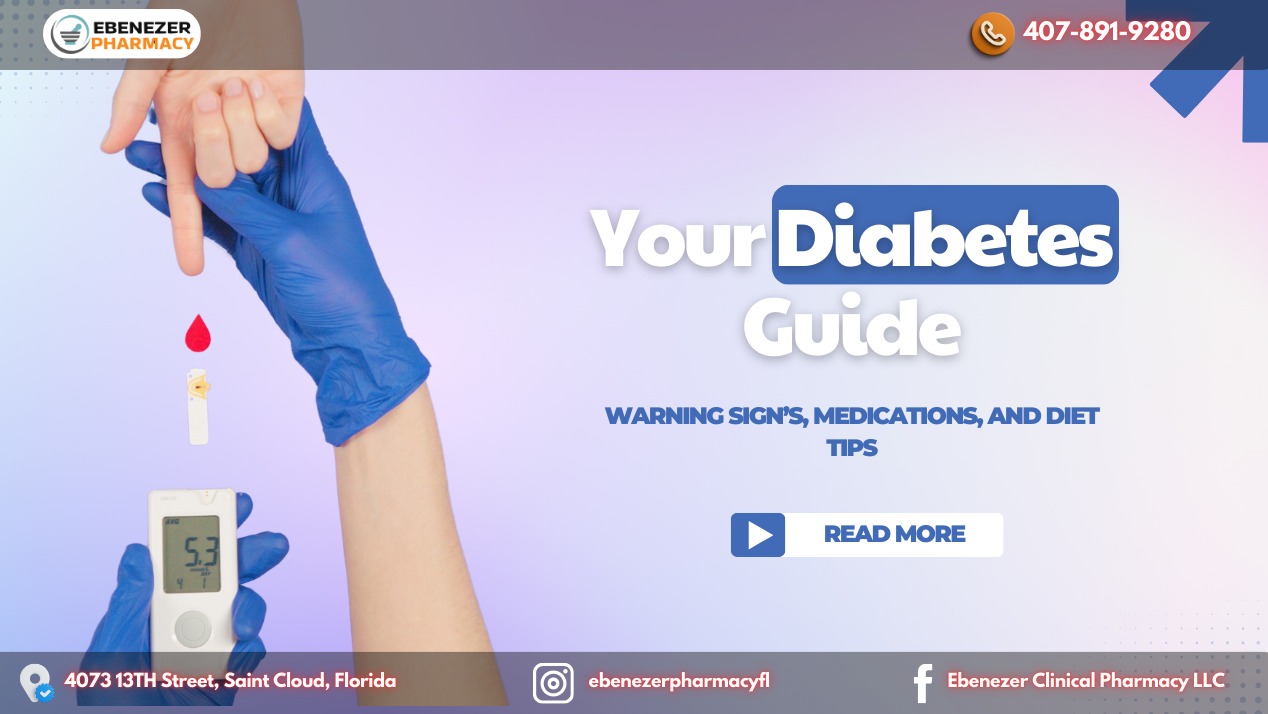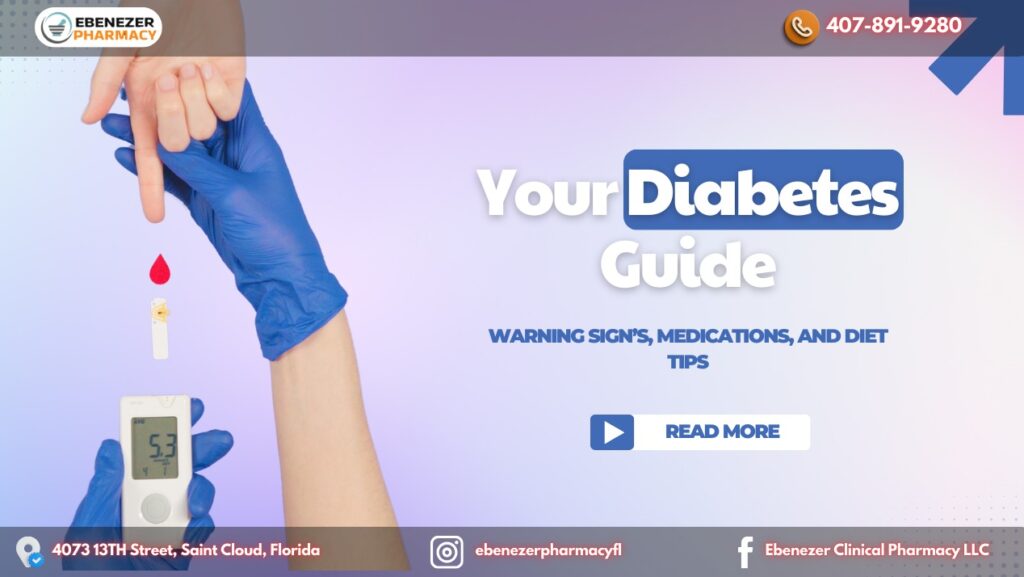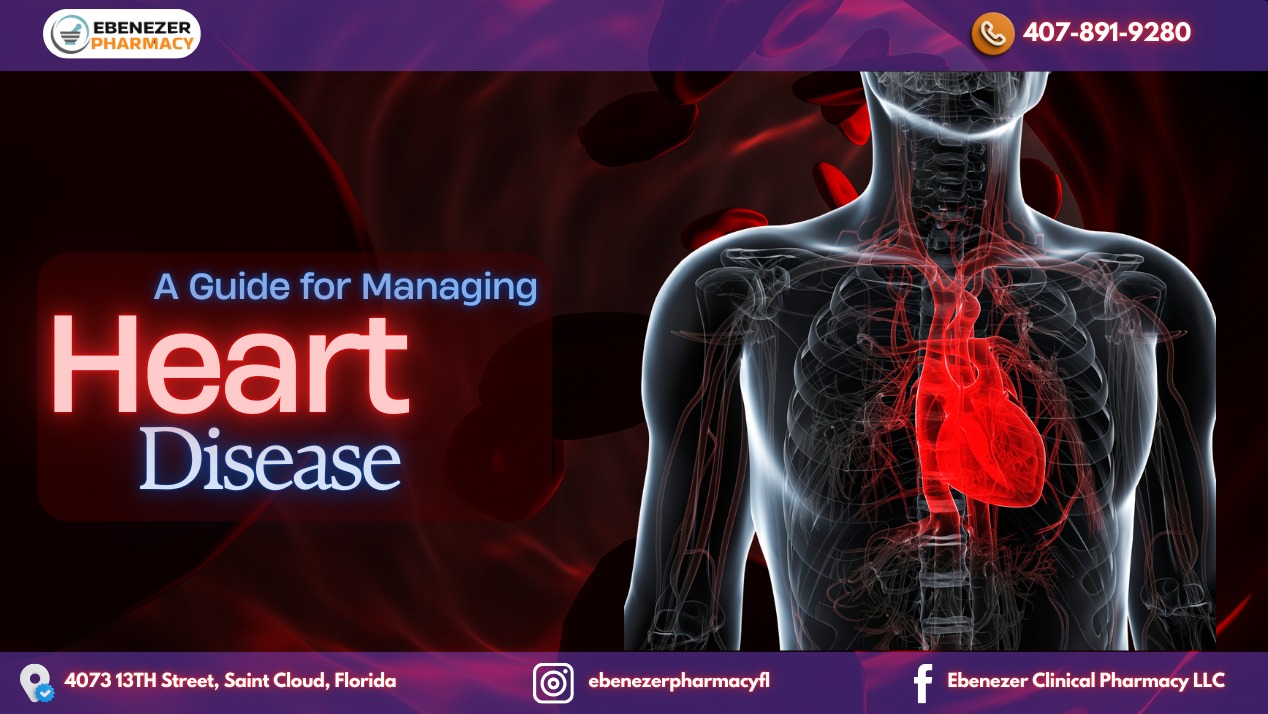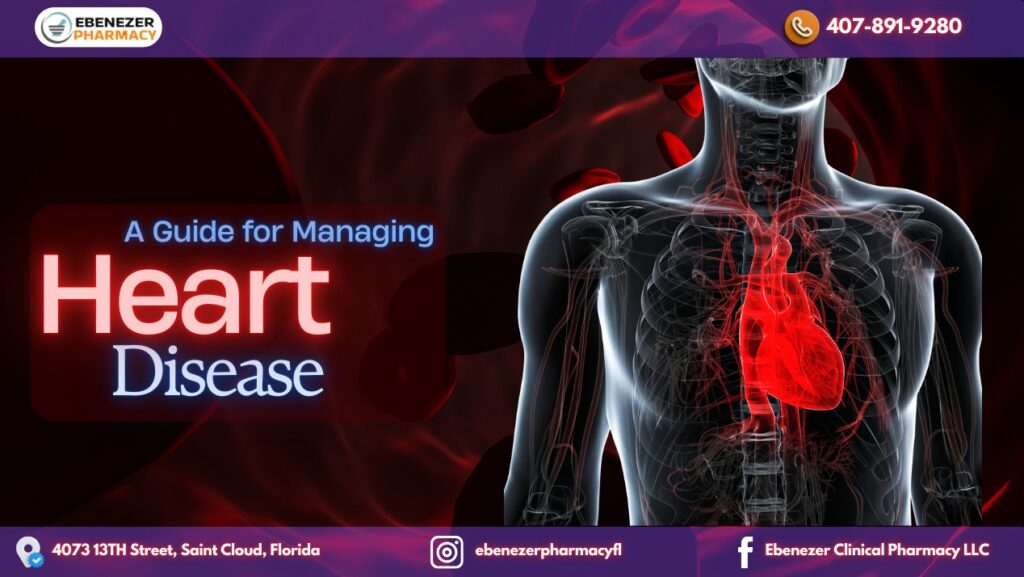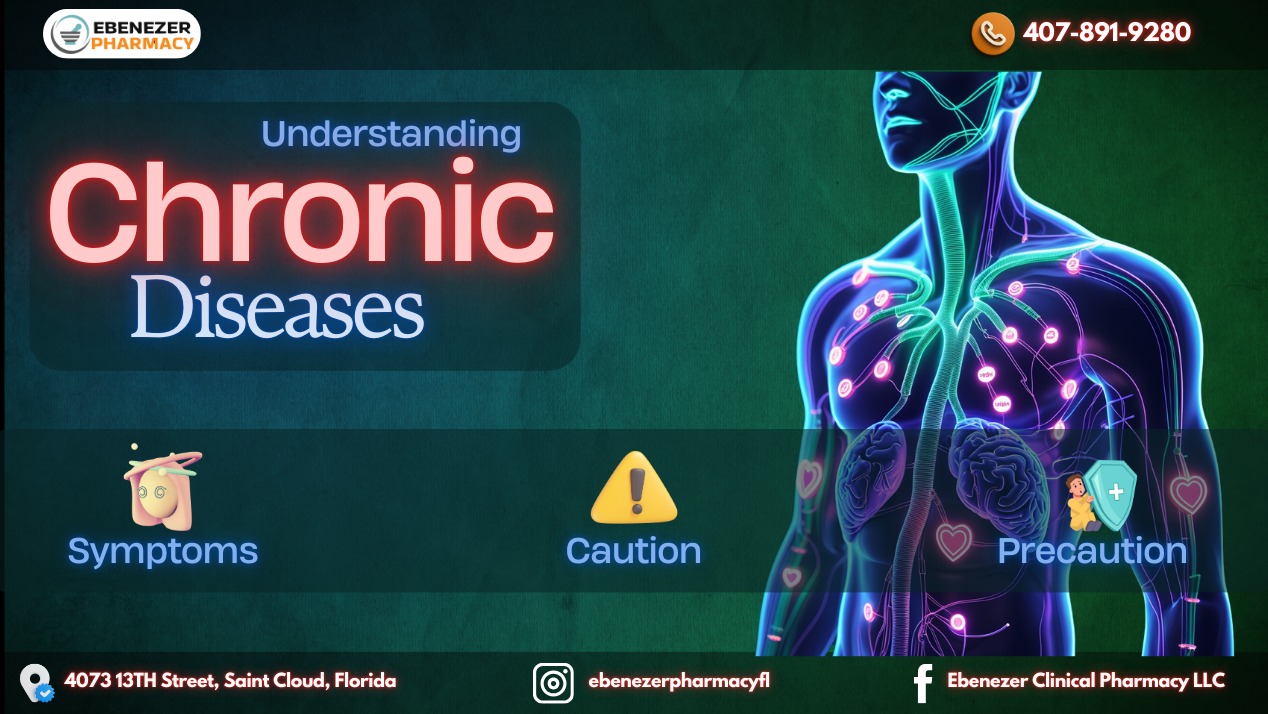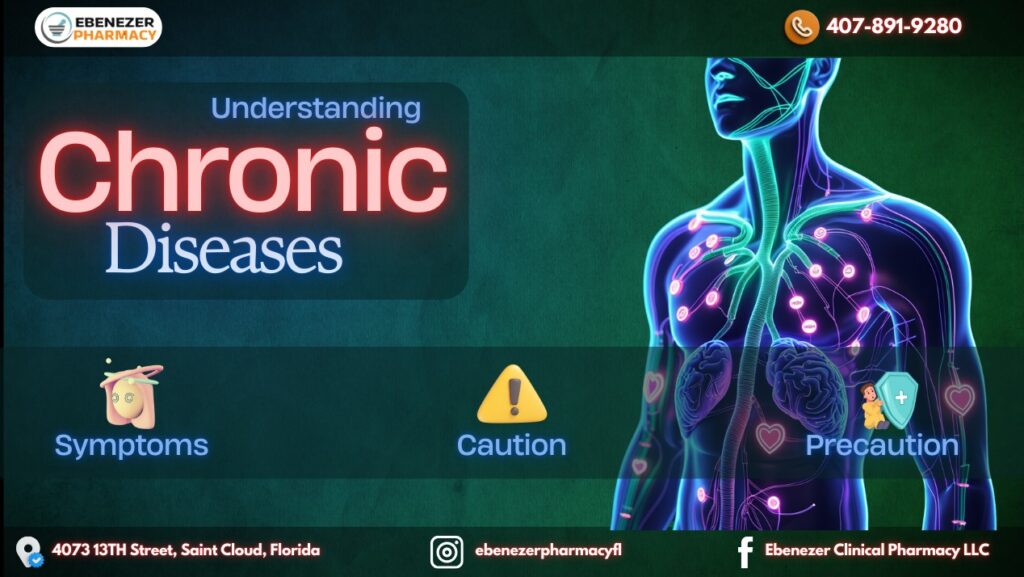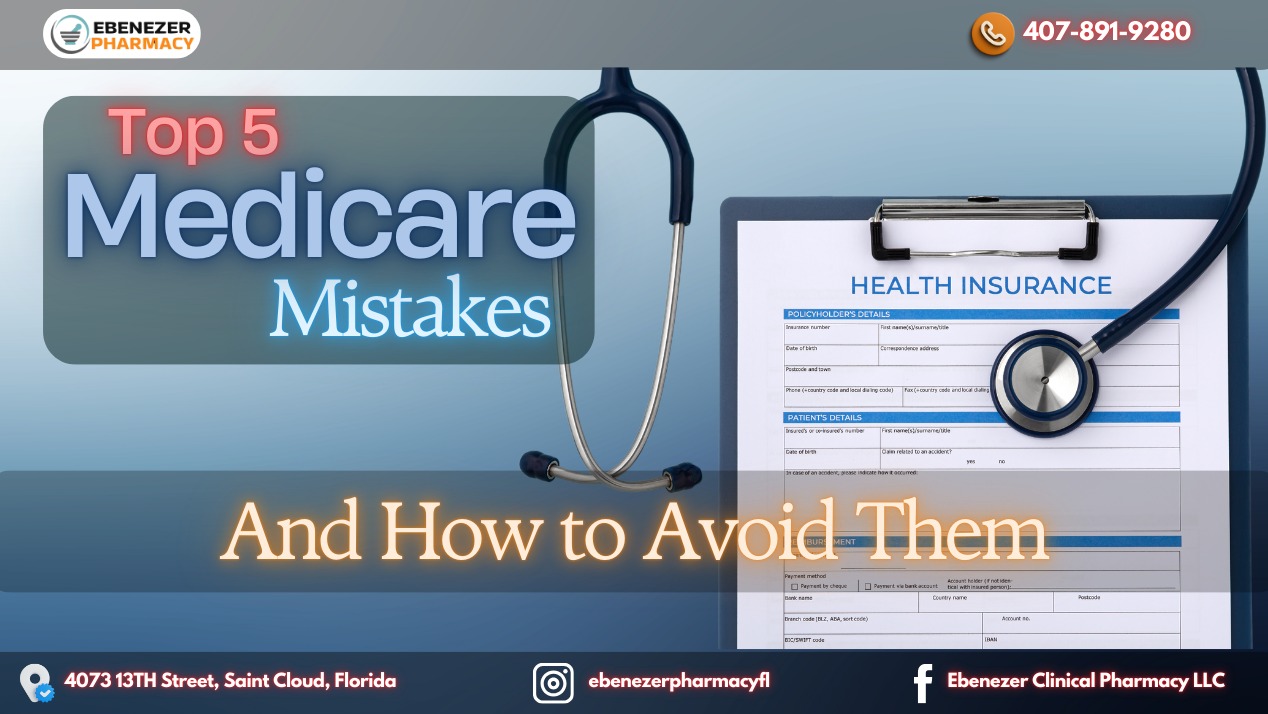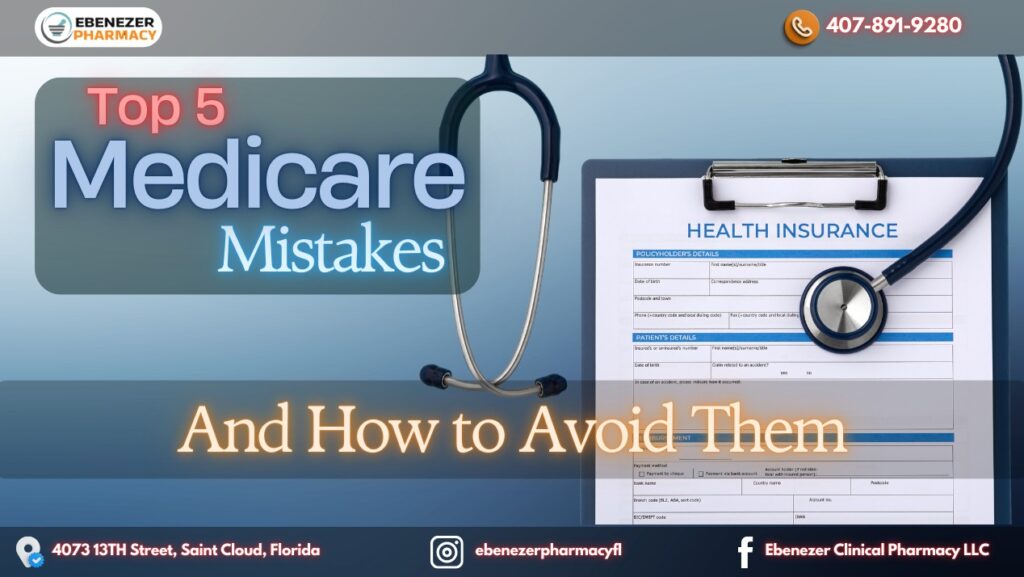Understanding Cardiac Arrest vs Heart Attack
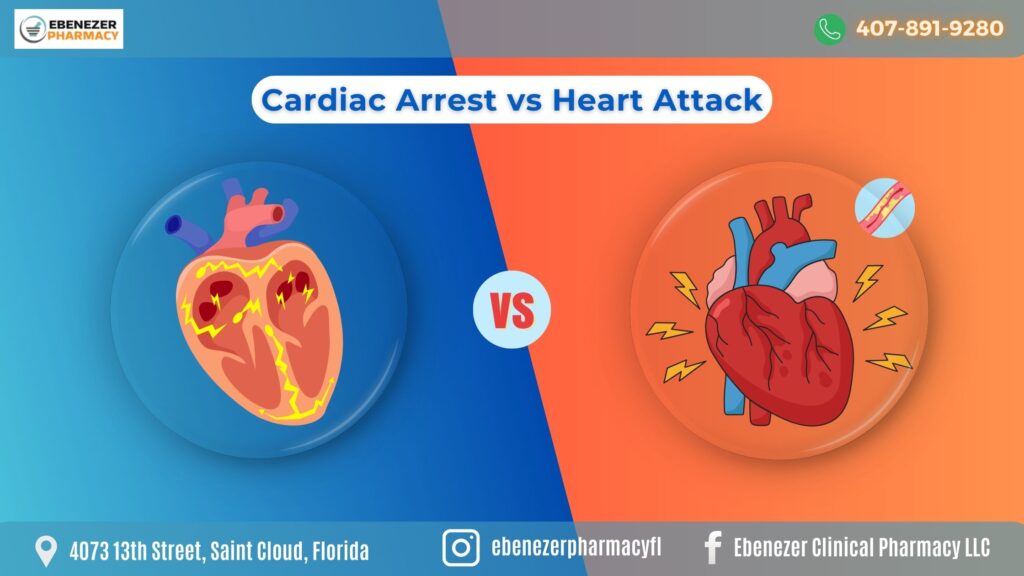
Many people mistakenly believe that cardiac arrest and a heart attack are the same. However, these are two very different medical emergencies, each requiring a unique response. Knowing the difference can mean the difference between life and death.
A heart attack occurs when blood flow to the heart is blocked, causing part of the heart muscle to die. Cardiac arrest, on the other hand, is when the heart suddenly stops beating due to an electrical malfunction. Both conditions are dangerous, but it is often more deadly without immediate intervention.
What Causes Cardiac Arrest?
It occurs suddenly and without warning. The primary cause is an electrical disturbance in the heart known as an arrhythmia, which prevents the heart from pumping blood effectively.
The Common Causes of :
- Coronary Artery Disease – Blocked arteries can disrupt the heart’s rhythm.
- Heart Attack – A heart attack can trigger an arrhythmia, leading to sudden cardiac arrest.
- Heart Failure – Weak heart muscles struggle to maintain a normal rhythm.
- Genetic Conditions – Inherited heart disorders can cause electrical malfunctions.
- Drug Overdose – Certain medications or illegal drugs can disrupt heart rhythms.
- Severe Electrolyte Imbalances – Too much or too little potassium, calcium, or magnesium can cause the heart to stop beating properly.
Understanding these risk factors can help prevent sudden cardiac arrest before it happens.
Recognizing the Warning Signs:
Symptoms of a Heart Attack:
A heart attack often starts with mild symptoms that gradually worsen over time. Look out for:
- Chest pain or discomfort (pressure, squeezing, or fullness)
- Pain in the arms, neck, jaw, or back
- Shortness of breath
- Cold sweats
- Nausea or vomiting
- Dizziness or lightheadedness
A heart attack may last for hours and often allows time to seek medical help.
Symptoms of Cardiac Arrest:
Cardiac arrest, however, occurs instantly and requires immediate action. Symptoms include:
- Sudden collapse
- Loss of consciousness
- No pulse
- No breathing
Unlike a heart attack, there are no warning signs before sudden cardiac arrest strikes.
Heart Beat Rate During a Heart Attack
During a heart attack, the heart rate can vary depending on the severity of the blockage. Typically, the heart beats faster (tachycardia) as it struggles to pump blood. Some patients may experience bradycardia (a slow heart rate) due to poor oxygen supply to the heart.
In contrast, during cardiac arrest, the heart either:
- Stops completely (asystole)
- Beats chaotically (ventricular fibrillation)
- Produces weak, ineffective beats (pulseless electrical activity)
Understanding these differences can help medical responders determine the best treatment.
How to Respond in an Emergency
What to Do If Someone Has a Heart Attack:
- Call 911 immediately.
- Keep the person calm and seated.
- Loosen tight clothing to help them breathe.
- If they are conscious, give them aspirin (unless allergic) to prevent further clotting.
- If they stop breathing, begin CPR until help arrives.
What to Do If Someone Goes Into Cardiac Arrest:
- Call 911 immediately.
- Check for a pulse and breathing.
- Start CPR: Push hard and fast in the center of the chest.
- Use an AED (Automated External Defibrillator) if available.
- Continue CPR until medical professionals arrive.
In cases of cardiac arrest, every second counts. Immediate CPR and defibrillation can double or triple a person’s chances of survival.
Sudden Cardiac Arrest in Young and Healthy Individuals
While cardiac arrest is often linked to older adults with heart disease, young athletes and seemingly healthy individuals can also experience sudden cardiac arrest.
Common Causes in Young Individuals:
- Undiagnosed heart conditions (such as hypertrophic cardiomyopathy)
- Extreme physical exertion leading to abnormal heart rhythms
- Dehydration and electrolyte imbalances
- Blunt force trauma to the chest (commotio cordis)
- Drug or supplement use
Regular heart screenings can help detect potential issues before they become life-threatening.
Preventing Heart Attacks and Cardiac Arrest
While some risk factors (such as genetics) cannot be changed, many lifestyle adjustments can help reduce the risk of both cardiac arrest and heart attacks.
Key Prevention Strategies:
- Maintain a healthy diet – Reduce saturated fats, sodium, and processed foods.
- Exercise regularly – At least 150 minutes of moderate activity per week.
- Manage stress – Practice mindfulness, yoga, or deep breathing.
- Quit smoking – Smoking increases the risk of both conditions significantly.
- Control underlying health conditions – Monitor blood pressure, cholesterol, and diabetes.
By taking these steps, you can protect your heart and reduce your risk of sudden medical emergencies.
Frequently Asked Questions
Can a heart attack cause cardiac arrest?
Yes, a severe heart attack can lead to an electrical disturbance in the heart, causing sudden cardiac arrest.
What is the survival rate for sudden cardiac arrest?
Survival rates are low—only about 10%—but immediate CPR and defibrillation can significantly improve chances.
Can young people have a heart attack or cardiac arrest?
Yes, though less common, young individuals with undiagnosed heart conditions can suffer from both.
How can I tell if chest pain is serious?
If chest pain is severe, lasts more than a few minutes, or is accompanied by shortness of breath or dizziness, seek emergency help immediately.
What should I do if no AED is available?
Perform continuous CPR until emergency medical services arrive. CPR alone can keep blood circulating and improve survival chances.
Is there a difference in how men and women experience heart attacks?
Yes, women often experience atypical symptoms such as nausea, fatigue, and back pain rather than the classic chest pain.
Final Thoughts
Understanding the difference between cardiac arrest vs. heart attack is crucial for saving lives. While a heart attack allows time to seek medical attention, cardiac arrest requires immediate intervention. Knowing the signs, risk factors, and emergency responses can help protect you and those around you.
Stay informed, take care of your heart, and always be prepared to act in an emergency!
